The US state of Utah is planning to establish a 1,300-bed “homeless campus” on rural land at the edge of town. Officials frame it as treatment and recovery. Advocates warn it will criminalize poverty and enable forced labor.
Trump’s order and Utah’s plan
In July, President Donald Trump signed the “Ending Crime and Disorder on America’s Streets” order. It threatens to withhold federal funding from states that fail to criminalize public camping. The order also directs the Justice Department to expand involuntary civil commitments for unhoused adults. It requires the Department of Housing and Urban Development to abandon “Housing First” policies. These prioritize stable housing before treatment or sobriety.
Within a week, Utah’s Republican leaders sent a letter to the state’s Homeless Services Board calling for a “transformative, services-based homeless campus.” Under a proposal from Randy Shumway, over 300 beds would be for involuntary commitment. Others would be “an alternative to jail.” He called it an “accountability center” where people could be sanctioned there for about 90 days to detox and receive care.
“Work-conditioned” beds and the 13th Amendment
Common Dreams reports,
The beds not slated for civil commitment will include work-conditioned housing. Tars said that this is the thing that scares me the most, because it means forced labor.
In a podcast interview, Eric Tars of the National Homelessness Law Center shared his concerns. “…we’ve seen some of these other bills introduced at the state level that also have this kind of forced labor element to them.”
He warned that such policies may fill a looming labor gap. “… what they’re probably doing is forecasting they’re going to have a reduction in the labor force with undocumented immigrants being deported. And they’ve got to make up for it somehow—so bring back the labor camps.”
Tars tied today’s bills to old systems of control. “A lot of these laws anti-loitering anti-camping laws are straight out of Jim Crow. ‘Cuz what that was was we lost our unpaid labor force. And we need to make up crime so that if you don’t have a job then you are inherently a criminal will pass you through the loophole of the 13th amendment that says slavery is abolished except as punishment for a crime and then we’ll make everybody who you know we need to go back out into the fields a criminal.”
Criminalizing poverty under the guise of care
If Tars is right, Utah and the US are heading down a dark path. The homeless are already a population most at risk for trafficking and abuse.
Measures such as these punish poverty, turn homelessness into a crime and expand systems of coercion. They therefore do not address the real causes of homelessness: unaffordable housing, stagnant wages, and inequality. What Utah ultimately builds remains unclear. For now, the plan sits uneasily between care and control—its future depending on which vision takes shape once the gates open.

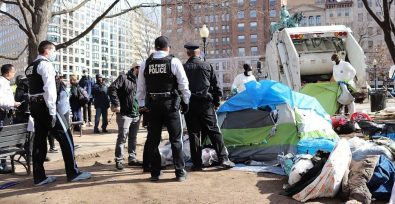
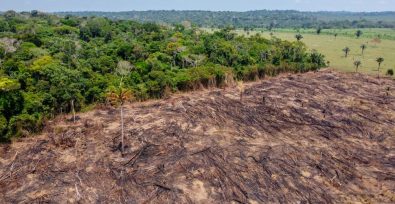

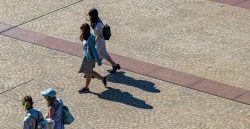
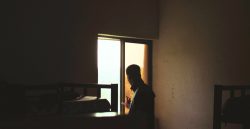
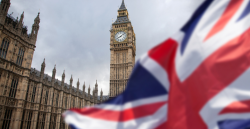
Freedom United is interested in hearing from our community and welcomes relevant, informed comments, advice, and insights that advance the conversation around our campaigns and advocacy. We value inclusivity and respect within our community. To be approved, your comments should be civil.
This is Not a “homeless campus”; it’s a concentration camp.
We in the UK should beware of the usual, ‘what happens in the USA will follow in the UK’ happening.
Matthew 25:44-45
44 “They also will answer, ‘Lord, when did we see you hungry or thirsty or a stranger or needing clothes or sick or in prison, and did not help you?’
45 “He will reply, ‘Truly I tell you, whatever you did not do for one of the least of these, you did not do for me.’
Abandoning all ethics for a profit. Mammon worshipers, claiming to be Christians, are destroying the USA.
So what is the plan for when the 90 days is up? So its addicts, mentally ill , and homeless ppl that they are going to try to force to go to these places?!!! I think that violates ppl civil rights on so many levels. So ultimately the rich will continue to get richer while the poor become slaves to the government. I guess ppl aren’t realizing that they have slowly been taking away all our rights for some time now. And they will continue to take away our rights until we have none.